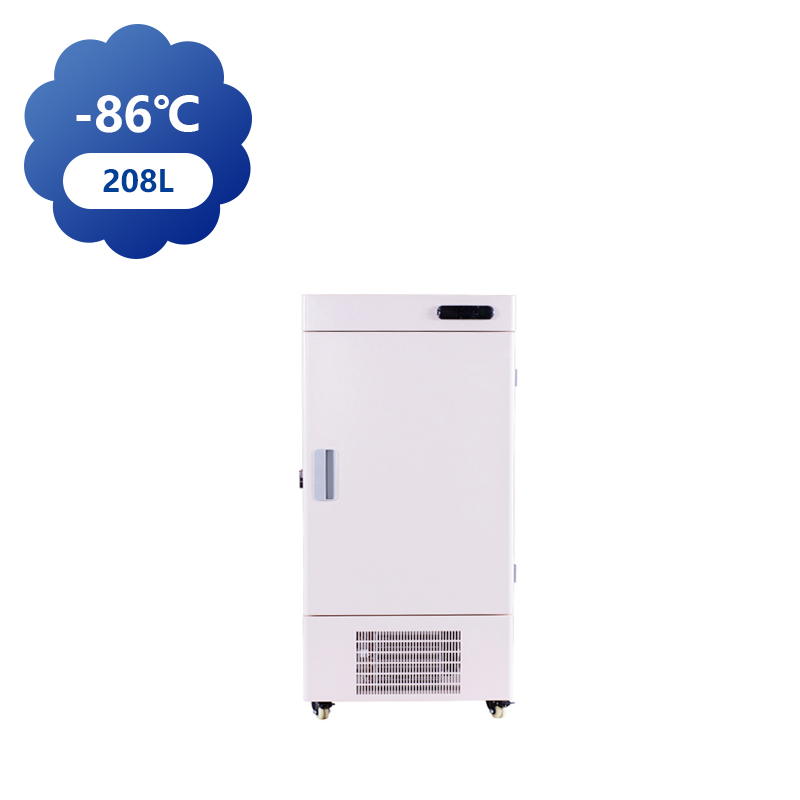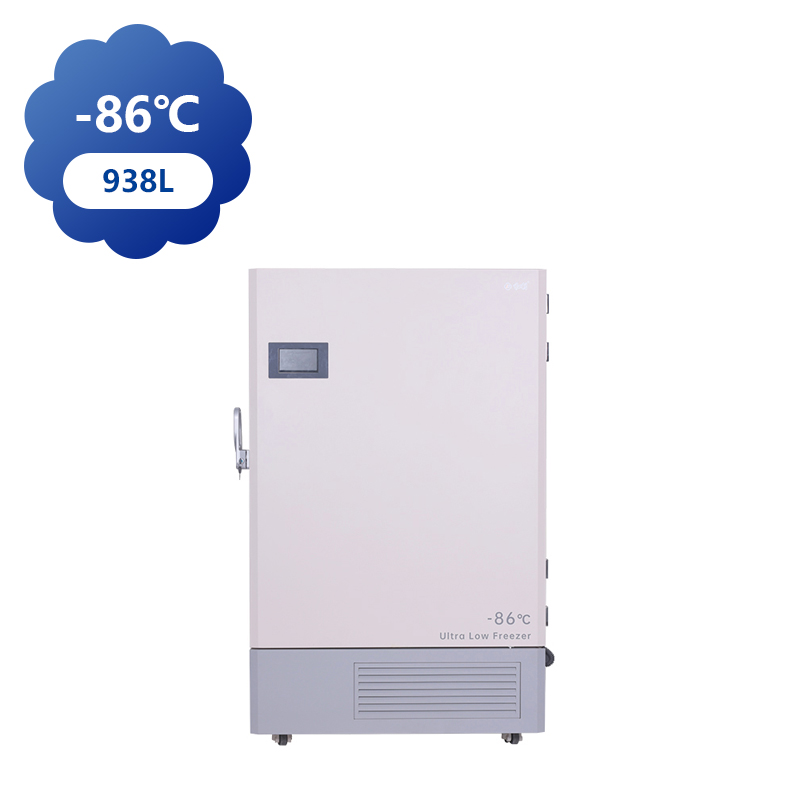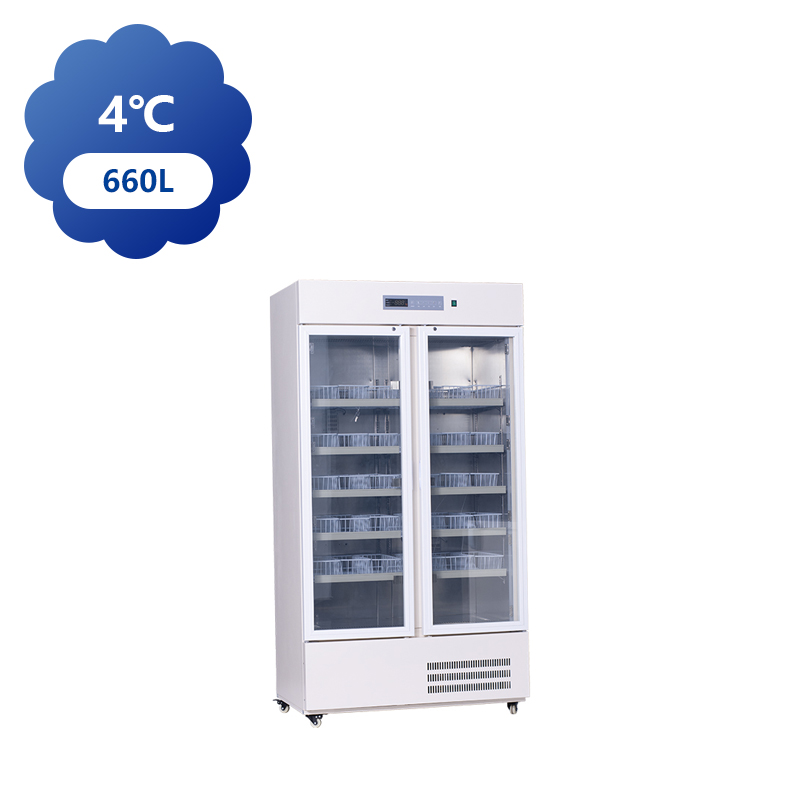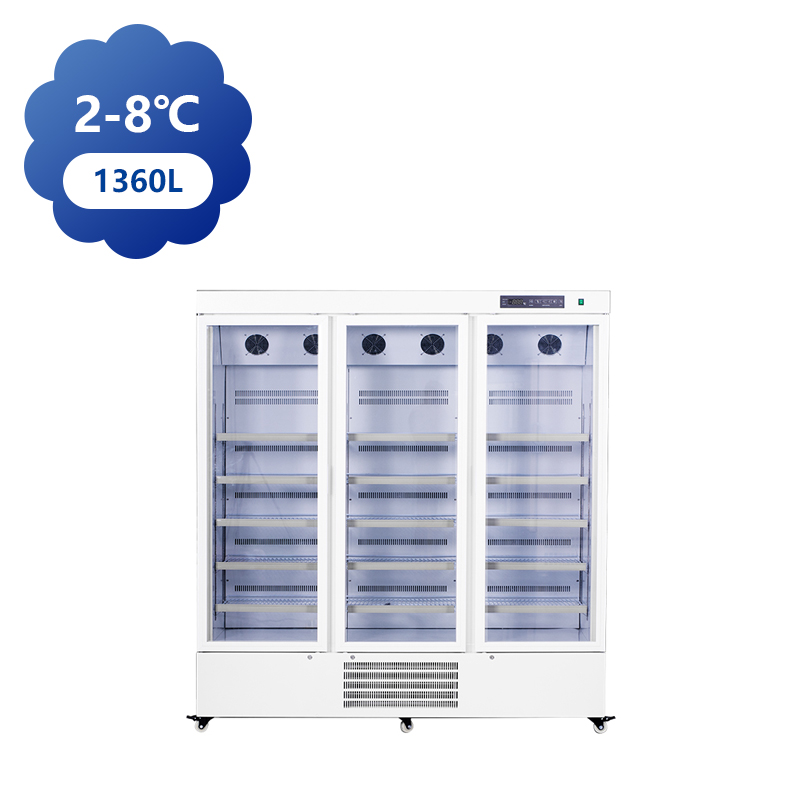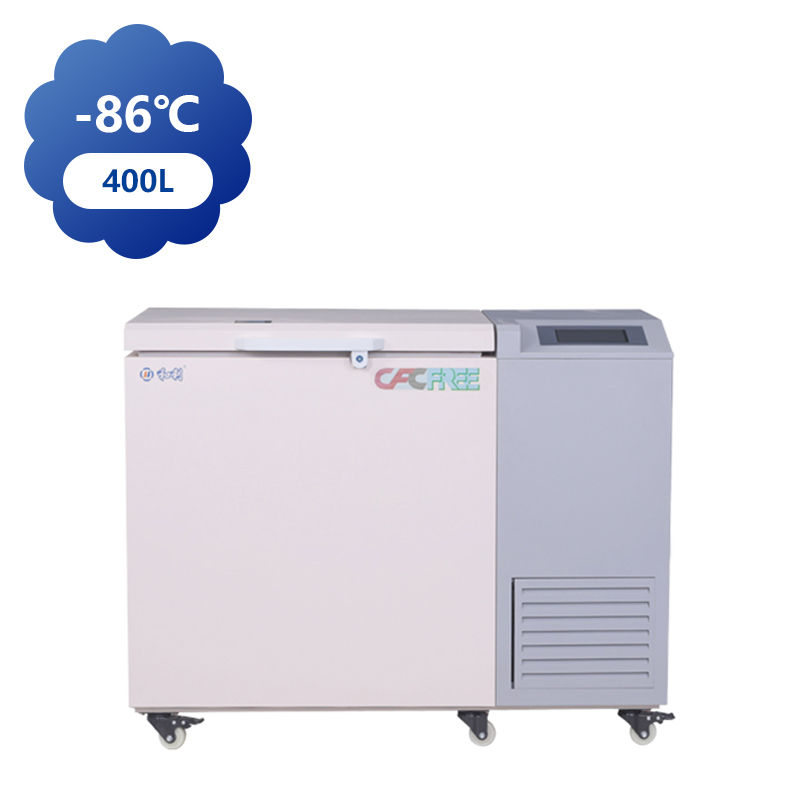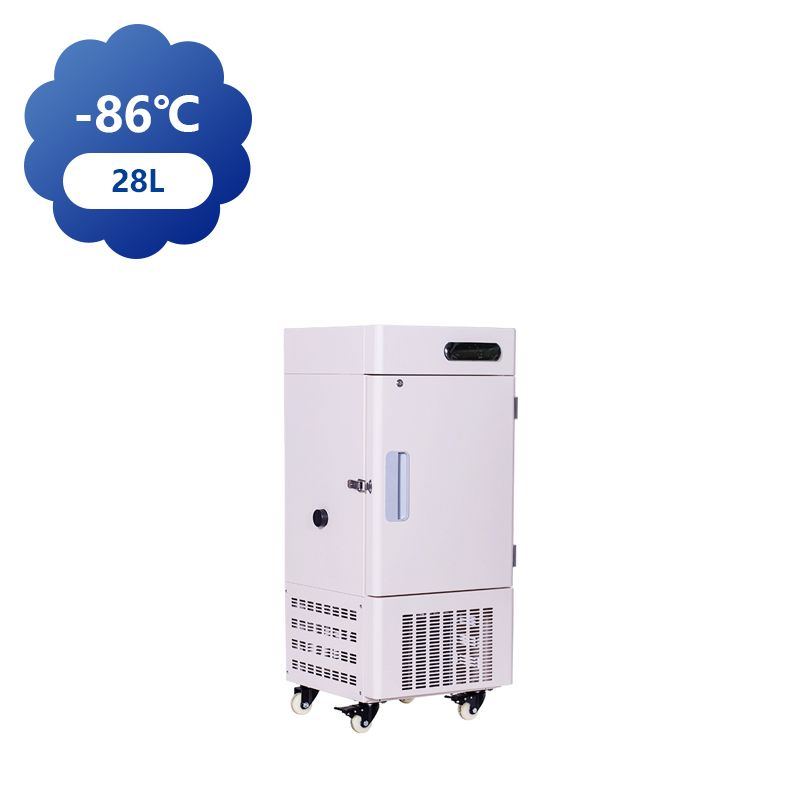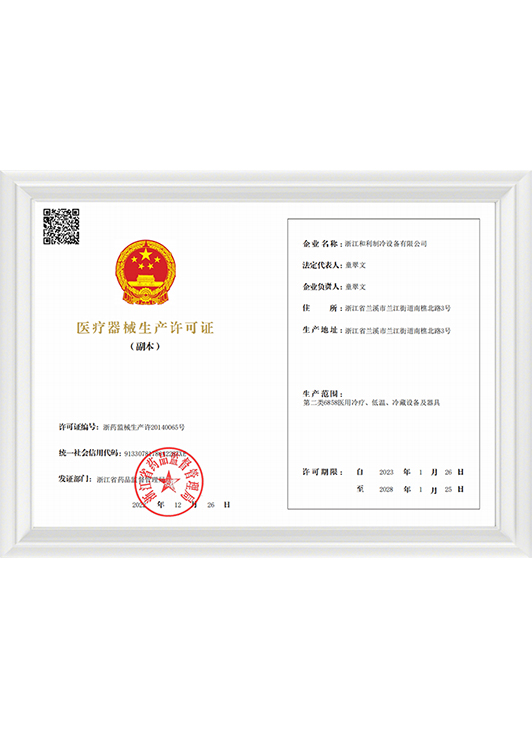You can contact to me using this form.
The importance of maintaining vaccines at precise temperatures cannot be overstated. Vaccines, like many other medical products, are highly sensitive to temperature fluctuations, and improper storage can bring about compromised efficacy, rendering the product ineffective and potentially dangerous. A Mini Medical Refrigerator Freezer for Vaccines is specifically designed to ensure that vaccines are stored at the correct temperature, which is often between 2°C and 8°C, although some vaccines may require ultra-low temperatures. The cost and investment of such specialized refrigeration units involve a variety of factors, from initial purchase prices to operational expenses, and understanding these can help healthcare facilities, clinics, and pharmacies make informed decisions.

The consideration in the investment of a Mini Medical Refrigerator Freezer for Vaccines is the initial cost of the unit itself. The price of these units can vary widely depending on a number of factors, including the brand, capacity, and specific features of the freezer. Mini Medical Refrigerator Freezers for Vaccines designed for smaller facilities or pharmacies typically range from $500 to $3,000, while larger, more advanced models with advanced temperature control systems, alarms, and data logging capabilities can cost anywhere from $3,000 to $10,000 or more.
Several features contribute to the price range. Units with advanced temperature regulation systems, such as digital thermostats, dual cooling systems, or temperature monitoring and recording devices, tend to be on the higher end of the price spectrum. These systems provide greater precision and reliability, which are critical in ensuring the vaccines are stored safely and at consistent temperatures. Additionally, Mini Medical Refrigerator Freezers for Vaccines with battery backup systems or uninterruptible power supply (UPS) features tend to be more expensive, as these systems ensure that the temperature is maintained even in the event of power failure.
Capacity also plays a role in cost. Smaller, mini-fridge style units are typically more affordable and are ideal for low-volume vaccine storage, while larger medical freezer units that can hold a higher quantity of vaccines or other medical supplies will generally come with a higher price tag.
In addition to the initial purchase price, there are ongoing operational costs associated with owning a Mini Medical Refrigerator Freezer for Vaccines. One of the primary ongoing expenses is energy consumption. While these units are generally designed to be energy-efficient, they still require power to operate continuously at a consistent temperature. Over time, energy costs can add up, particularly if the freezer is running in a climate with high ambient temperatures or if the unit is frequently opened, which may cause temperature fluctuations.
A well-maintained Mini Medical Refrigerator Freezer for Vaccines can have a significant impact on overall energy efficiency. Units with advanced insulation and eco-friendly refrigerants are typically more energy-efficient than older models. Additionally, choosing a mini refrigerator freezer with smart temperature regulation can help reduce energy consumption by preventing overcooling or undercooling, thus maintaining temperatures while using less power. It is crucial for healthcare facilities to factor in these long-term energy costs when considering the purchase of such units.
Another ongoing expense involves the maintenance of the freezer. While Mini Medical Refrigerator Freezers for Vaccines are generally designed to be durable and low-maintenance, routine servicing is still required to ensure that the refrigeration system remains in condition. Regular cleaning, defrosting, and checks of temperature sensors and door seals can help prolong the lifespan of the freezer and prevent costly repairs in the future. In some cases, service contracts or warranties may be available to help manage these costs.



 中文简体
中文简体 English
English Français
Français عربى
عربى +86-15988502726(wechat)
+86-15988502726(wechat)